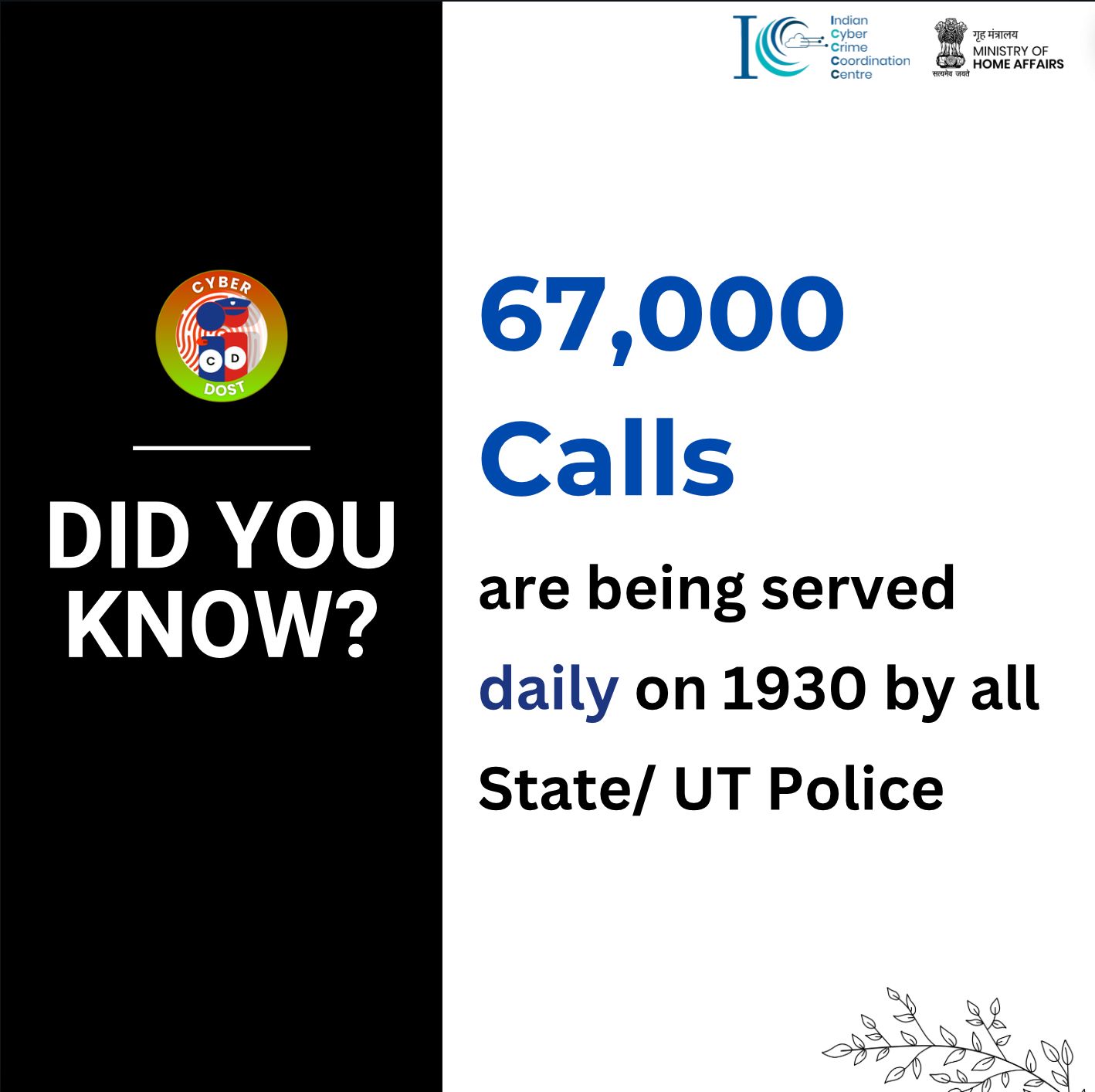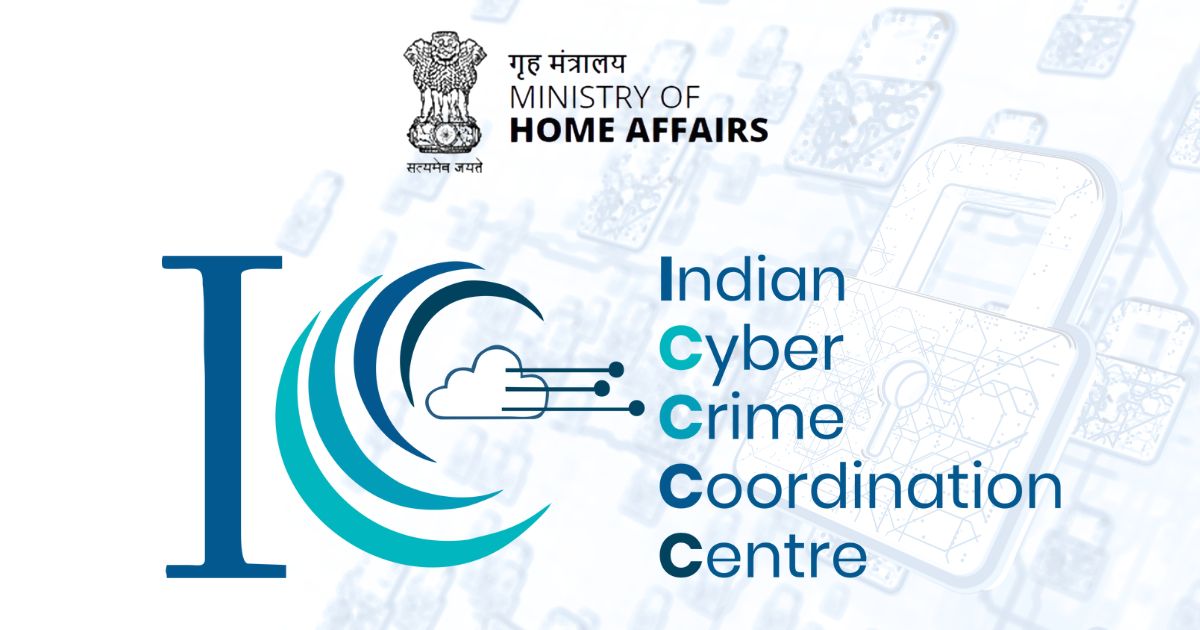New Delhi – In a stark indicator of the alarming rise in cybercrimes across the country, the National Cybercrime Helpline number 1930, managed by the Indian Cyber Crime Coordination Centre (I4C), is now handling an astonishing 67,000 calls every day. This staggering figure highlights the sheer volume of cyber incidents that citizens are grappling with, from financial frauds to identity thefts and more.
The increase in daily calls to the helpline paints a concerning picture of the digital threats that have become a pervasive part of everyday life in India. The helpline, which serves as a lifeline for victims of cybercrime, has seen an unprecedented surge in calls, reflecting both the growing awareness of the service and the escalating cyber threats targeting individuals and businesses alike.

The sharp rise in calls to the 1930 helpline underscores the widespread impact of cybercrime in the country. The helpline is a crucial part of the government’s efforts to combat cyber fraud, enabling victims to report incidents quickly, which is often key to preventing further financial loss. The fact that 67,000 calls are being made daily suggests that cybercriminals are becoming increasingly bold and sophisticated, exploiting the growing digitalization of services and transactions.
Techie Couple Scammed Out of Rs 1.5 Crore; Know How Police Recovered Rs 1.4 Crore from 50 Account
In response to the surge in cybercrime, the Ministry of Home Affairs has rolled out several initiatives under the I4C:
1. Cybercrime Reporting Portal: The [National Cybercrime Reporting Portal](https://cybercrime.gov.in) has been a cornerstone in the fight against cybercrime, allowing citizens to report incidents online. With over 30 lakh complaints lodged, the portal has been instrumental in preventing further victimization.
2. Financial Fraud Reporting System: This system, launched under I4C, has already helped prevent over Rs 2,400 crores from falling into the hands of fraudsters by enabling rapid reporting and response to financial crimes.
3. Cyber Hygiene and Awareness Campaigns: The government has been proactive in spreading awareness about cyber hygiene through various channels, including social media, radio campaigns, and even laser displays at heritage sites like Qutub Minar. These efforts aim to educate the public on how to protect themselves from cyber threats.
4. Capacity Building: Recognizing the importance of equipping law enforcement and the public with the necessary skills to combat cybercrime, I4C has conducted extensive training programs, including sessions for 35,000 NCC cadets and thousands of government officials.
The surge in calls to the cybercrime helpline is a wake-up call for all stakeholders—citizens, businesses, and government agencies—to take cybersecurity seriously. As the digital landscape continues to expand, so do the opportunities for cybercriminals. The high volume of calls is a testament to the scale of the problem and the urgent need for continued vigilance and proactive measures to safeguard against these threats.
For those affected or to report any suspicious activity, the government urges citizens to make use of the 1930 helpline and the cybercrime reporting portal to seek assistance and prevent further damage.
The shocking volume of calls serves as a reminder that in this digital age, cybersecurity is not just an IT issue, but a critical aspect of personal and national security.
Follow The420.in on
Telegram, Facebook, Twitter, LinkedIn, Instagram and YouTube



